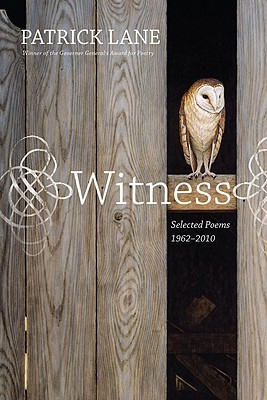What do you think?
Rate this book


96 pages, Paperback
First published September 1, 2010
- Because I Never Learned, for my brother John, pg. 13
- The Garden, pg. 28
- Dominion Day Dance, pg. 39
- Winter 1, pg. 47
- The Bare Plum of Winter Rain, pg. 73